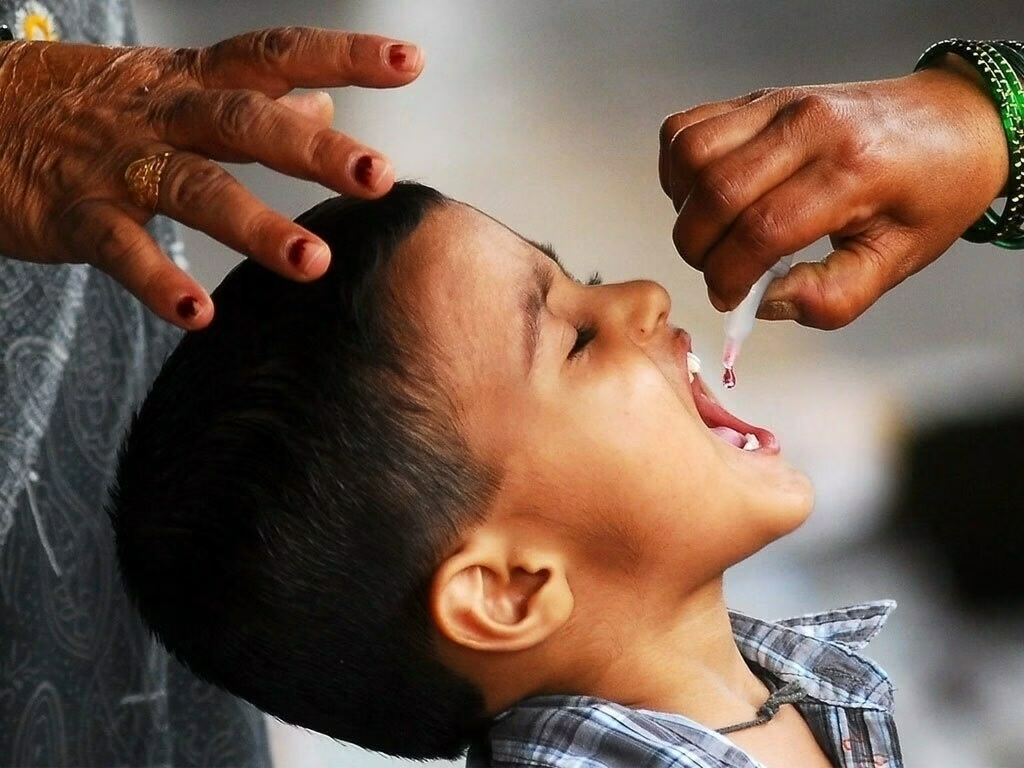Rawalpindi, a city in Pakistan, has witnessed a surge in cases of conjunctivitis, commonly known as “pink eye,” which has raised concerns among health officials and residents alike. According to the District Health Officer (DHO) of Rawalpindi, the city has reported a total of 354 cases of conjunctivitis so far.
Conjunctivitis is an eye infection characterized by redness, irritation, and inflammation of the conjunctiva, the clear tissue that covers the white part of the eye. It can be caused by viral or bacterial infections, allergies, or exposure to irritants. While conjunctivitis is typically not a serious condition, it can be highly contagious and may spread rapidly, especially in densely populated areas.
The DHO has issued a warning to residents of Rawalpindi, urging them to take precautions to prevent the spread of conjunctivitis. It is crucial for individuals to practice good hygiene, including frequent handwashing and avoiding touching their eyes, to reduce the risk of infection. Additionally, those who have developed symptoms of conjunctivitis should seek medical advice and refrain from close contact with others to prevent transmission.
In response to the growing number of cases, the Primary and Secondary Health Department is actively working to address the conjunctivitis outbreak. Health authorities are conducting awareness campaigns to educate the public about the infection’s causes, symptoms, and prevention measures. They are also providing guidance on proper eye care and hygiene to minimize the risk of contracting or spreading conjunctivitis.
Conjunctivitis outbreaks can be particularly concerning in areas with high population density, as the infection can easily spread through close contact and communal facilities. Therefore, vigilance and prompt action are essential to contain the outbreak and protect public health.
While conjunctivitis is generally a self-limiting condition and not considered life-threatening, it can cause discomfort and inconvenience for those affected. The increased number of cases in Rawalpindi underscores the importance of public health awareness and measures to prevent the further spread of contagious infections.
The surge in conjunctivitis cases in Rawalpindi is a matter of concern, and health authorities are actively working to contain the outbreak and raise public awareness about preventive measures. With cooperation from the community and adherence to hygiene guidelines, it is hoped that the spread of conjunctivitis can be controlled, ensuring the well-being of the residents of Rawalpindi.


